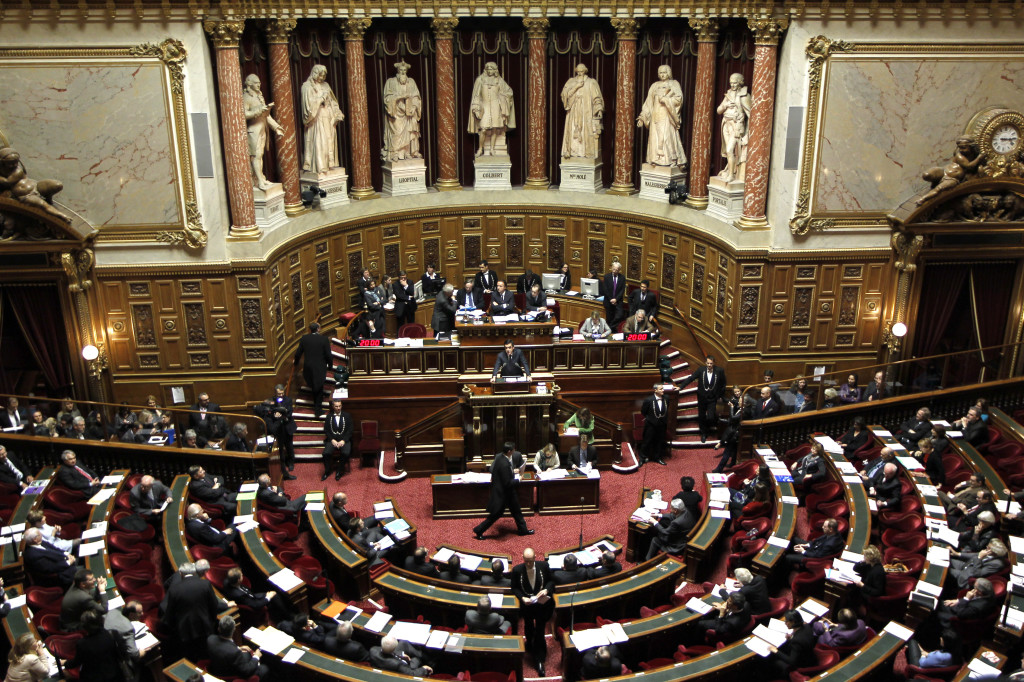 In spite of fierce opposition from rights activists, the French Senate has passed a controversial new law which allows government agencies to monitor citizens’ phone and internet communications. According to the Index on Censorship, Reporters Without Borders (RSF) and the French internet freedom advocacy group La Quadrature Du Net, the new law:
In spite of fierce opposition from rights activists, the French Senate has passed a controversial new law which allows government agencies to monitor citizens’ phone and internet communications. According to the Index on Censorship, Reporters Without Borders (RSF) and the French internet freedom advocacy group La Quadrature Du Net, the new law:
- Authorizes real time, live capturing of a wide range of data and documents (“that on request may be captured and transmitted in real time by operators and agents mentioned”) by host websites and service providers.
- Allows the harvesting and capturing of “data and documents treated or stored by their networks or services,” not just connection data.
- Extends the list of government agencies that may request surveillance from intelligence agencies alone to defense, interior, and even finance and budget ministries.
- Extends the reasons for which surveillance may be requested to include information related to “the scientific and economic potential of France” and the prevention of “organized crime and delinquency”
The law allows government agencies to demand the information without getting a judge’s prior approval, as was previously the case. The law states that the goal of obtaining personal data and carrying out surveillance must be “intelligence that concerns national security, the protection of the essential elements of France’s economic potential, or the prevention of terrorism, criminality and organized crime and the reconstitution or maintenance of disbanded groups” – a very broad definition that allows plenty of room for interpretation.
French entrepreneur Gilles Babinet, who works with Nellie Kroes, Vice-President of the European Commission for digital technologies, points out the law goes far beyond what is allowed by U.S. law.
“In the United States, it would be unconstitutional because the U.S. Constitution is enshrined the principle of private property and hence correspondence.” Gilles Babinet, quoted in Les Echos, December 8, 2013
London’s Financial Times reports that Asic, an association of internet businesses including Google, Yahoo and Facebook, along with French equivalents, says the law “raises numerous questions in terms of the protection of liberty” and has “weakened the French position in the European and international debate over the protection of personal data.”
The Times also reports that France’s minister for digital affairs, Fleur Pellerin, tweeted that the law “reinforces democratic control on intelligence” and will be complemented by a “big digital law” next year that will include assurances on citizens’ personal liberties.
RSF says it regards the law as a “grave violation of fundamental civil rights, including the rights to privacy, freedom of information and the confidentiality of journalists’ sources” and repeats earlier calls for an international treaty based on the “International Principles on the Application of Human Rights to Communications Surveillance.”
